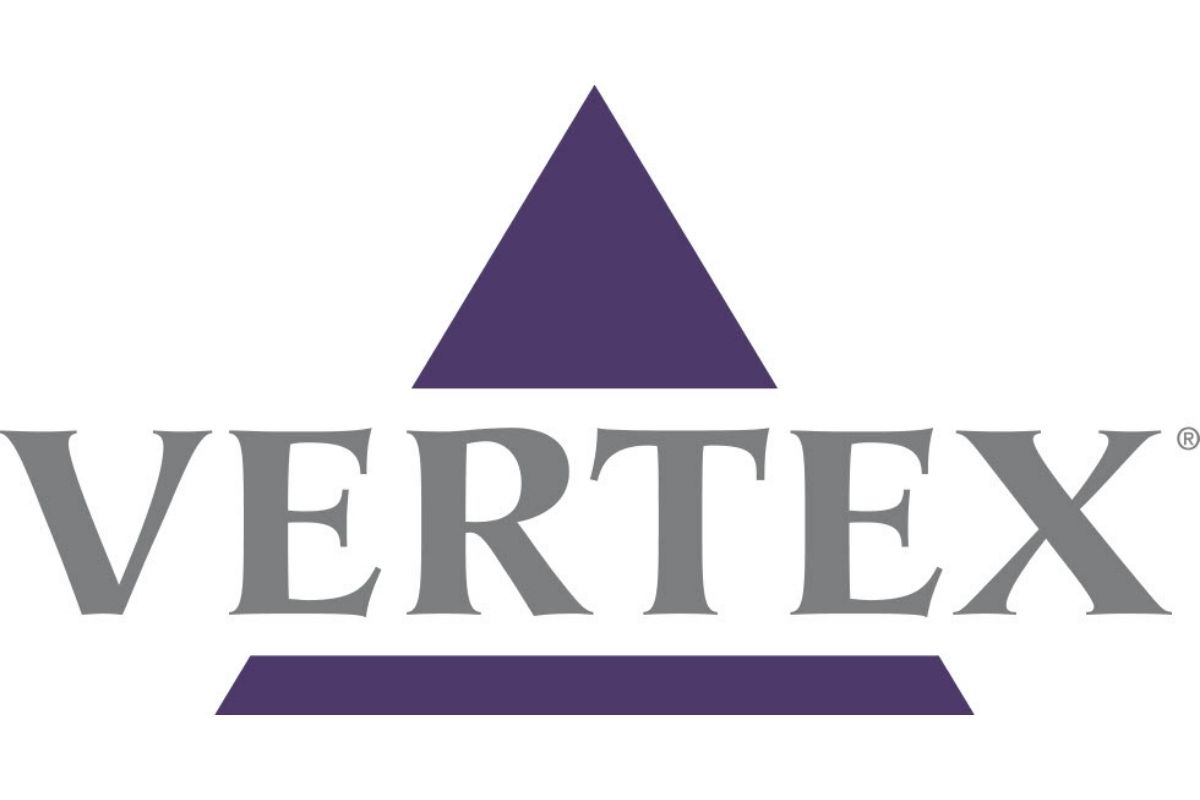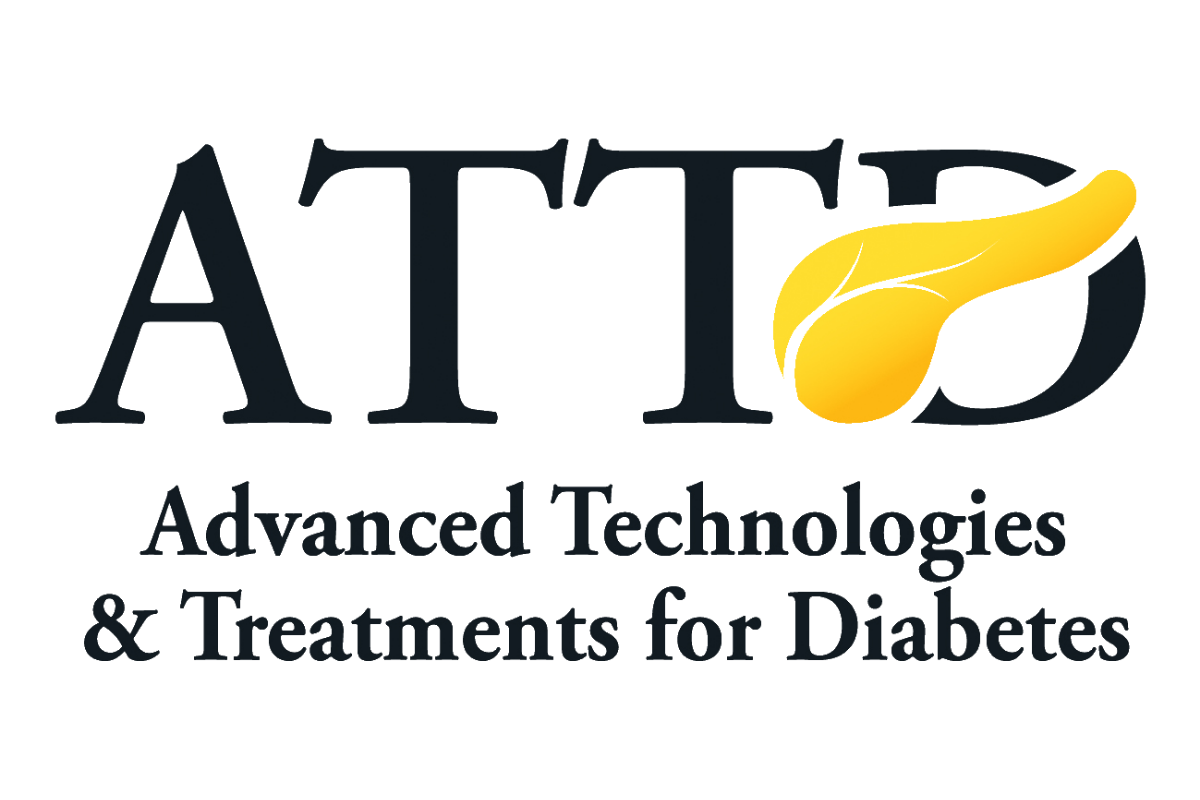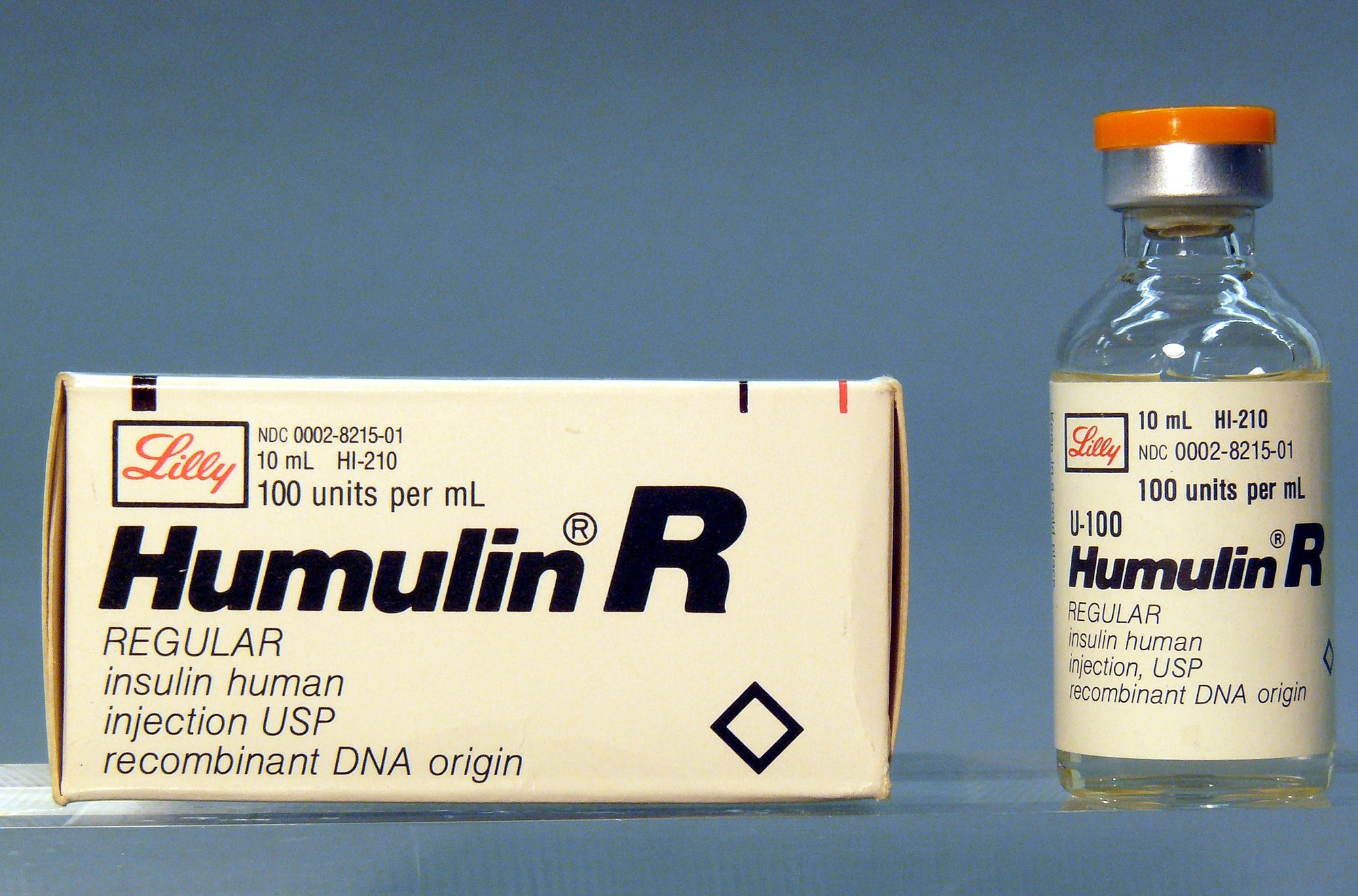
100, 100: Ending Diabetic Eye Disease, Forever
Breakthrough T1D has supported eye disease research since its beginning, and has driven discoveries that have reduced the risk of blindness by 95%.

Breakthrough T1D Video: No Health Without Mental Health
Find out why we absolutely love psychologist Jill Weissberg-Benchell.

Top Researchers Gather for the 15th ATTD Conference
Leading researchers gathered, in person, for the annual meeting of the ATTD Conference (April 27-30), featuring 30+ studies presented by Breakthrough T1D scientists.

An Enemy You Can Beat: T1D in Video Games
We're continuing that trend by putting the spotlight on video games and game developers with links to T1D.

Vertex Provides an Update on the VX-880 Clinical Trial
Vertex provides an update on their Phase 1/2 Clinical Trial for VX-880, including data from three participants and details around the clinical hold.

ATTD Conference Brings Together Top Minds in Diabetes Research
Diabetes researchers from all over the world gather for the ATTD Conference, which will take place in-person and online from April 27-30 in Barcelona.

Breakthrough T1D Elects Two Highly Engaged Volunteers to Lead International Board of Directors
JDRF, the leading global type 1 diabetes (T1D) research and advocacy organization, has named two longtime, highly engaged volunteers to lead its International Board of Directors as Chair and Vice Chair, effective July 1, 2022.

100, 100: Breakthrough T1D Research Leads to a New Class of Glucose-Lowering Agents
You’ve seen the ads: Victoza®. Ozempic®. Trulicity®. But did you know that these drugs came about, in part, because of type 1 diabetes research?

Marguerite “Peggy” Quirke Leaves $3.2 Million Bequest to Breakthrough T1D
Breakthrough T1D is grateful to Peggy Quirke, whose $3.2 million bequest will accelerate Breakthrough T1D's mission to find cures for type 1 diabetes (T1D).

100, 100: Genetically Engineered Human Insulin Created
In 1976, researchers set out to synthesize the human insulin gene and make human insulin, and Breakthrough T1D researchers had multiple hands in the biosynthesis of it.